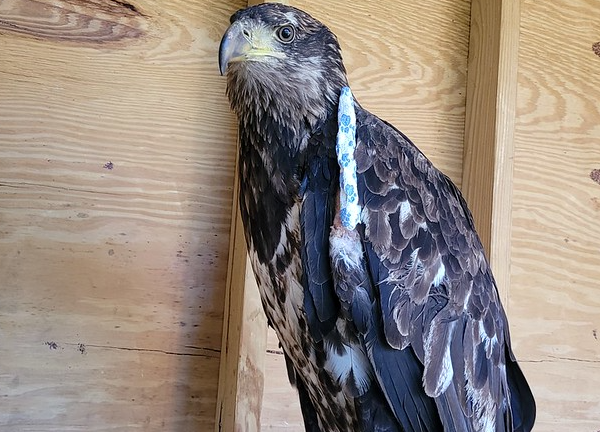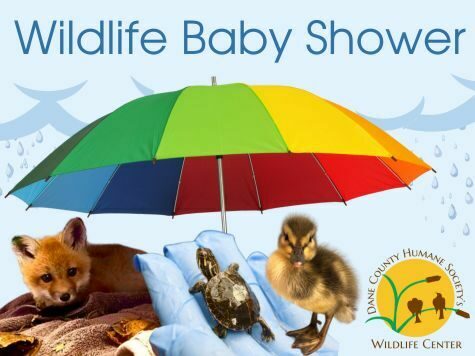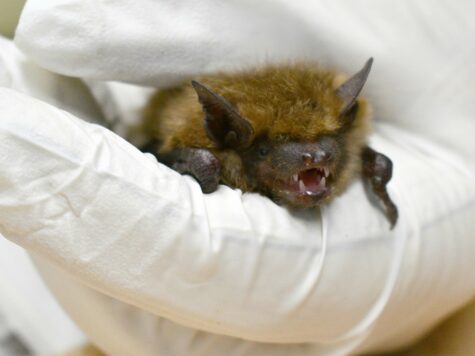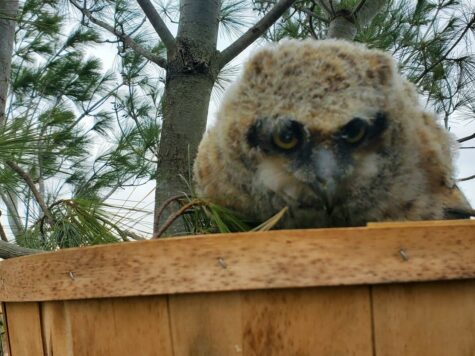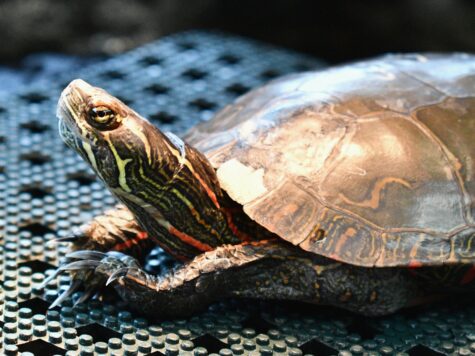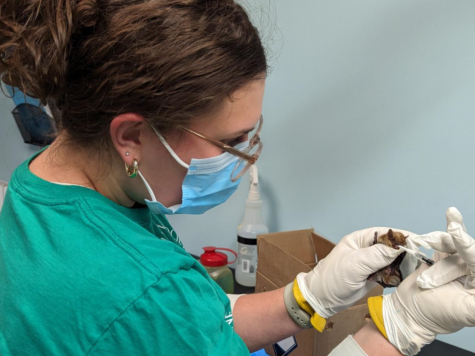DCHS's Wildlife Center admitted 2,579 animals for rehabilitation in 2021. This total reflects approximately seven percent fewer patients compared to 2020 and highlights a downward trend that was largely driven by the COVID-19 pandemic.
The Wildlife Center’s highest annual intake reached 4,097 animals in 2017. The program could easily reach that volume again, but staff continue their efforts to keep the workloads manageable. This includes actively educating the public on whether or not a wild creature really needs human intervention and assistance. Additional efforts will be made to maximize efficiency, build more caging, and improve workflow and tasks assignments. Staff has also made it a priority to train future license holders to care for wildlife so that it may help reduce intake in the future.
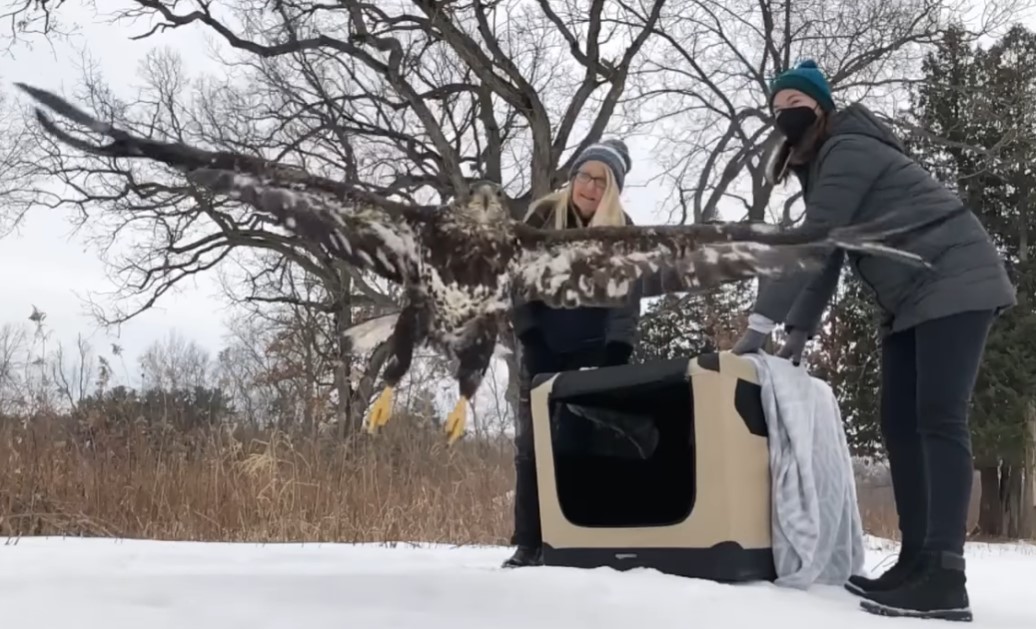
Every day is completely different, and no one knows how many sick or injured animals will arrive at the Wildlife Center’s doors. Staff needs to prepare for anything to happen! In the early part of spring in 2021, an unexpected influx of waterfowl was brought in and kept the team very busy. In just two categories of animals, mallards and wood ducks, DCHS's Wildlife Center cared for 468 individual birds! Fortunately, over 88 percent of the waterfowl were released.
While patient volume may have been lower than normal in 2021, the amount of wildlife diversity was just the opposite. The Wildlife Center set a new record with 152 unique species found in Wisconsin and brought into DCHS last year. Among the unique patients were an Ouachita map turtle, a pied-billed grebe, a northern short-tailed shrew, a great grey owl, and a northern waterthrush.
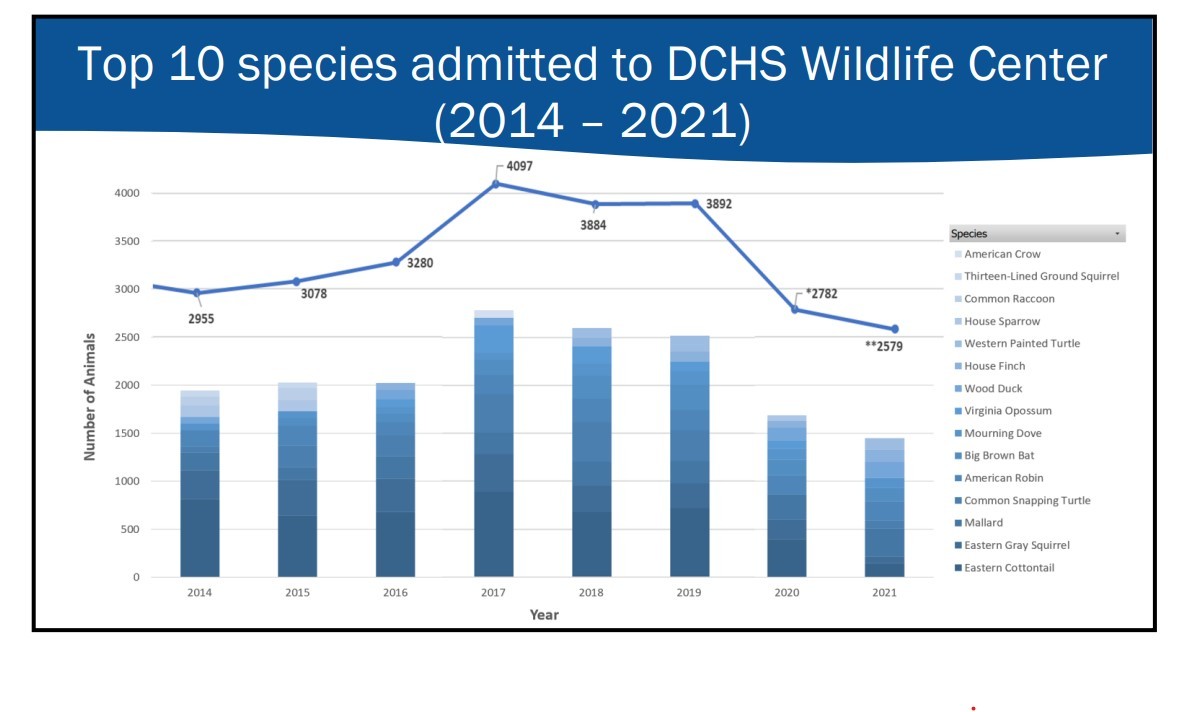
The Wildlife Center's ability to help local injured and orphaned wildlife is only possible because of the generous support of the community. DCHS’s Wildlife Center, which was started in 2002, is not affiliated with any government agency but must follow regulations established by those entities. Under state law, the Wildlife Center is prohibited from charging finders who are trying to help injured, sick, or orphaned wild creatures. Therefore, the program is 100 percent financially supported by the community.
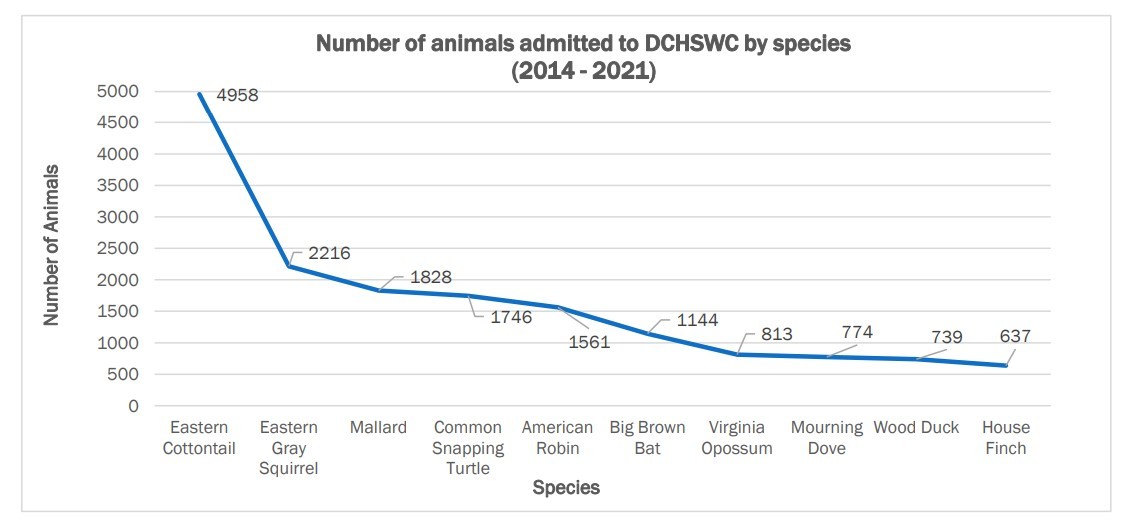

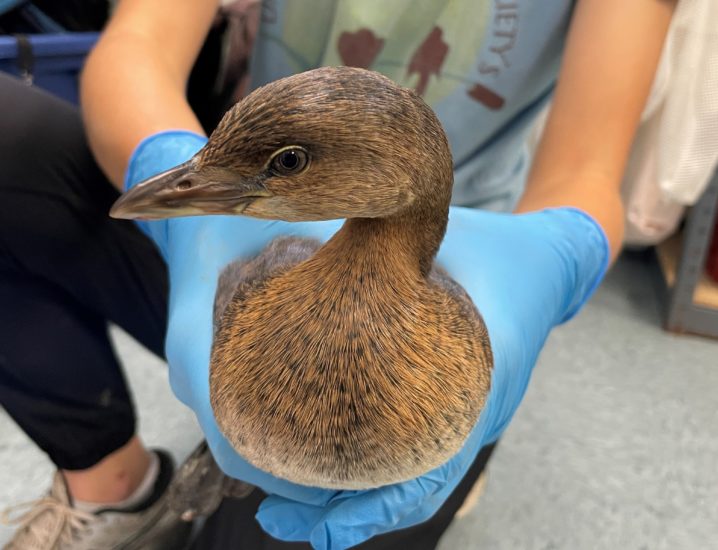
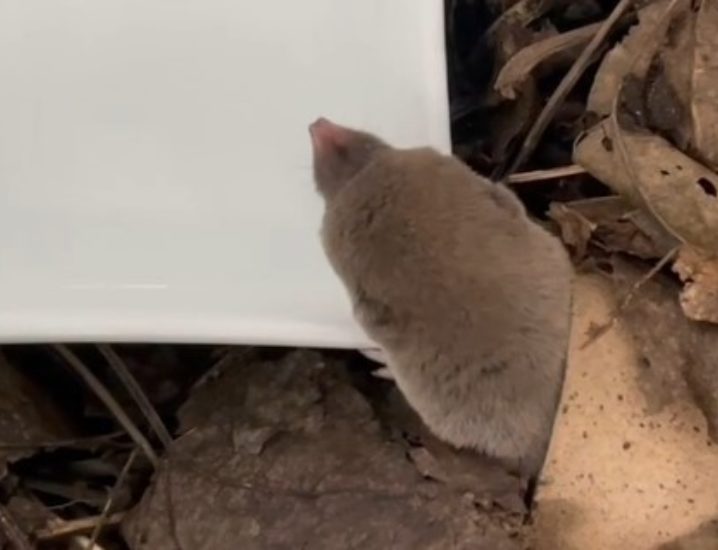
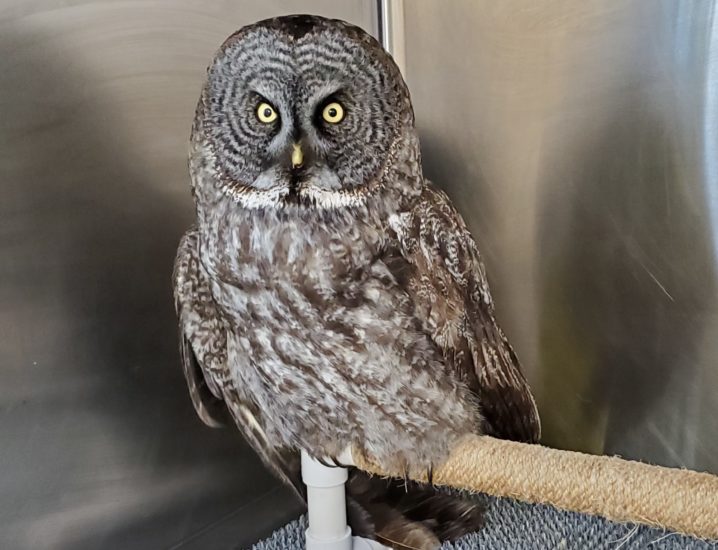
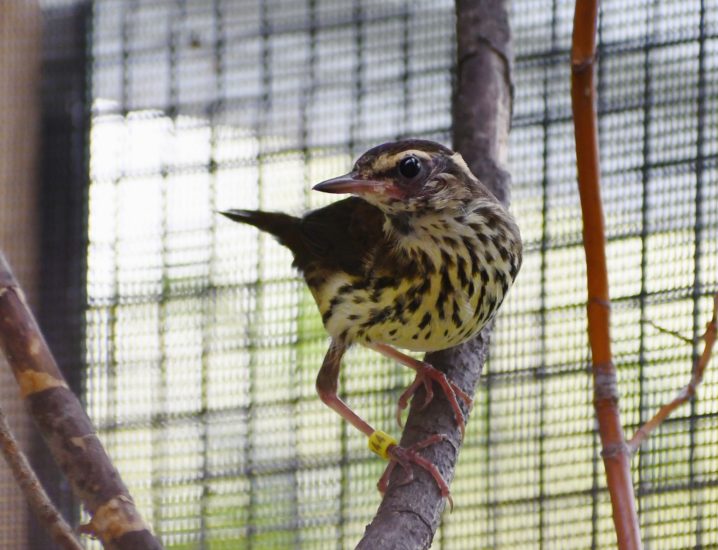
In Case You Missed It...
Below are stories of some of the wild animals that came through DCHS's Wildlife Center's doors in 2021:
